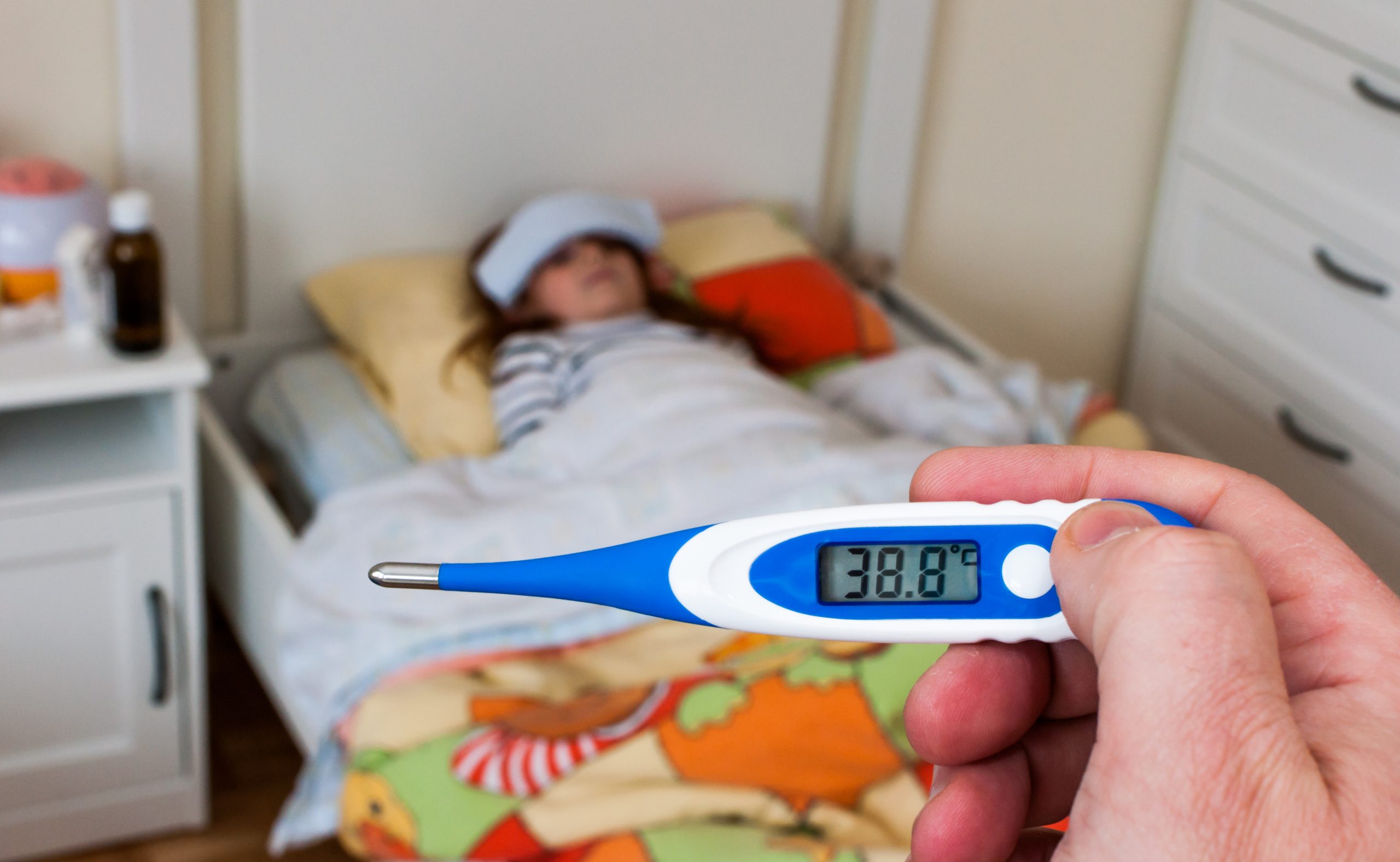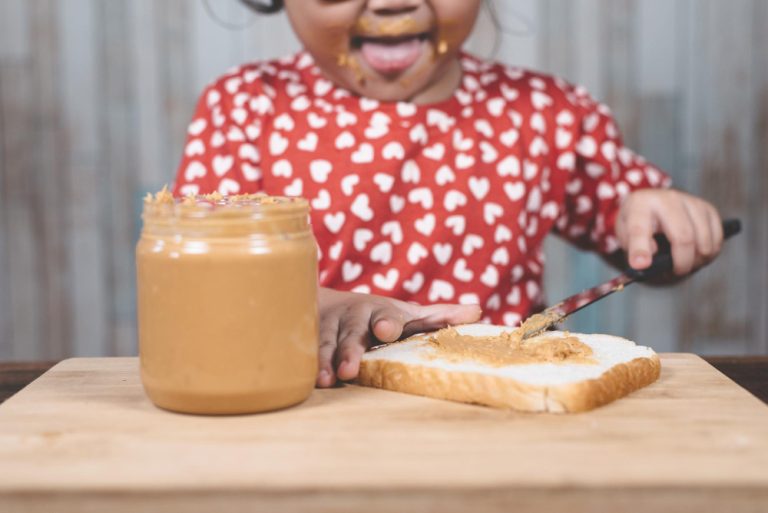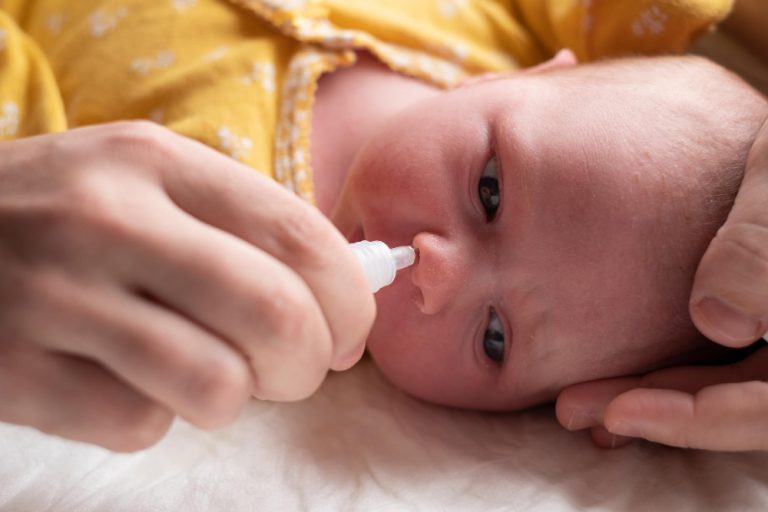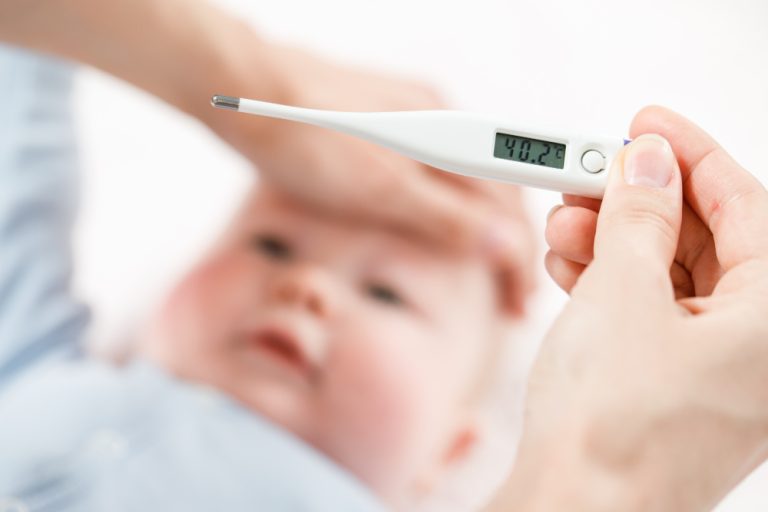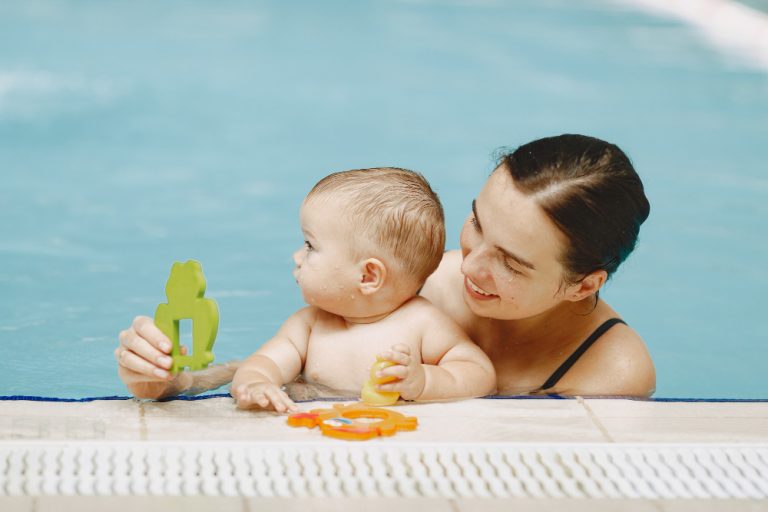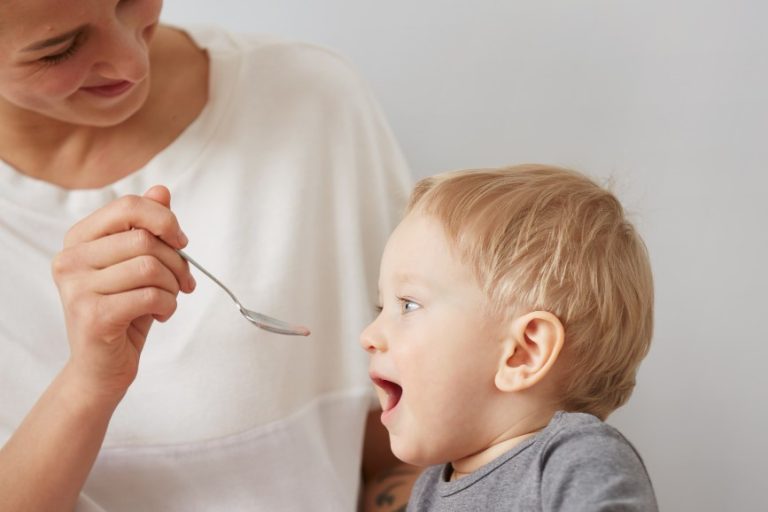How to Reduce Fever in Baby Naturally: All You Need to Know
As a new parent, it can be pretty distressing to see your baby suffering from a fever. In such a situation, you may be looking for safe and natural ways to soothe and provide relief to your little one. This comprehensive guide has been designed to help you manage your baby’s fever with ease and confidence, using a range of natural remedies and practices that are both effective and gentle. With the knowledge and insights shared in this How to Reduce Fever in Baby Naturally guide, you will be able to provide your baby with the best possible care and support during this challenging time.
Symptoms of Fever in Babies
- Common signs of fever in babies include a flushed face, irritability, difficulty sleeping, and a feeling of warmth to the touch. It’s important to recognize these signs early to manage the fever effectively.
- Measuring a baby’s temperature accurately is best done using a digital thermometer. For infants, a rectal temperature provides the most accurate reading. Make sure the thermometer is clean and that you follow the manufacturer’s instructions closely.
When is fever considered severe?
For babies under 3 months, a temperature above 100.4 degrees Fahrenheit (38 degrees Celsius) is serious and requires immediate medical attention.
Natural Remedies to Manage Fever

When a baby has a fever, it is important to take measures How to Reduce Fever in Baby Naturally.
- One such way is by giving lukewarm sponge baths. This method helps in lowering the body temperature by cooling the skin.
- Additionally, it is crucial to ensure that the baby stays hydrated by giving them plenty of fluids such as water, breast milk, or formula.
- Lastly, maintaining a cool environment can also aid in reducing a baby’s fever. You can achieve this by dressing them in light clothing, keeping the room temperature comfortable, and using a fan.
When to seek medical help
If your baby’s fever doesn’t respond to naturl remedies or is accompanied by symptoms like vomiting or difficulty breathing, consult a healthcare provider.
High Fever Management: How to Reduce Fever in Baby Naturally
- It is highly recommended to seek medical advice from a qualified doctor or pediatrician before giving any over-the-counter medication to a baby or infant who is suffering from a high fever. It is important to ensure the correct dosage and medication is administered to avoid any potential harm or side effects that may occur.
- When your baby has a high fever, it can be a cause for concern and you may want to take some measures to help bring the fever down. A good way to help reduce the fever is to give your baby a lukewarm bath, which can help to lower their body temperature and provide some relief.
In addition, you may also want to consider placing a cool, damp cloth on their forehead to help soothe and cool down their head. When dressing your baby, make sure to choose light clothing to help them stay comfortable and cool.
- It’s important to keep the room cool and well-ventilated to help your baby’s body temperature stay regulated.
Understanding Fever in Babies
Fever is a common symptom in infants, and it is essential to note that the approach for newborns and older infants may differ.
Newborns, typically up to 28 days old, require immediate medical attention if they have a fever. This is due to their underdeveloped and fragile immune systems, which are not yet equipped to fight off infections effectively.
In contrast, older infants, usually over 28 days old, may be managed at home with close monitoring if they have a fever. However, it is still crucial to seek medical attention if the fever persists or is accompanied by other symptoms, such as lethargy, poor feeding, or vomiting.
Additionally, parents or caregivers should be aware of the potential causes of fever in infants, such as viral or bacterial infections, and take appropriate measures to prevent the spread of infection.
Preventive Measures: How to Reduce Fever in Baby Naturally

- Boosting the immune system
As a parent, you play a crucial role in helping to strengthen your baby’s immune system. One of the most effective ways to do this is by providing a healthy diet filled with essential nutrients that can support your baby’s growth and development.
Breastfeeding your baby can also help to boost their immune system, as breast milk contains vital antibodies that can help protect against illness and disease.
Ensuring that your baby gets enough sleep is also important, as sleep is essential for the body to recharge and repair itself.
By incorporating these simple but effective strategies into your baby’s daily routine, you can help to give them the best possible start in life.
- The importance of vaccinations
Vaccinations are an essential aspect of maintaining good health, as they shield us from a range of illnesses that can cause high fever, discomfort, and even severe health complications.
Adhering to the recommended vaccination schedule is crucial for preventing the spread of infectious diseases and safeguarding individuals, particularly those who are more susceptible to infections.
- Maintaining a clean environment
Keeping your surroundings clean and sanitized is crucial to prevent the spread of harmful germs and bacteria. Make sure to regularly disinfect frequently touched surfaces such as doorknobs, light switches, and countertops.
Additionally, practicing proper hand hygiene by washing your hands with soap and water for at least 20 seconds can further reduce the risk of infection. Remember, a few simple steps can go a long way in keeping you and those around you helthy and safe.
Frequently Asked Questions (FAQs)
Managing your baby’s fever naturally involves attentive care, hydration, and creating a comfortable environment. While these methods can provide relief, it’s crucial to monitor your baby’s symptoms closely and consult with healthcare professionals when necessary. Remember, each baby is unique, and what works for one may not work for another.
Always prioritize your baby’s health and well-being. We encourage you to share your experiences and tips on how to reduce fever in baby naturally. Your insights could provide significant support to other parents navigating similar challenges.

